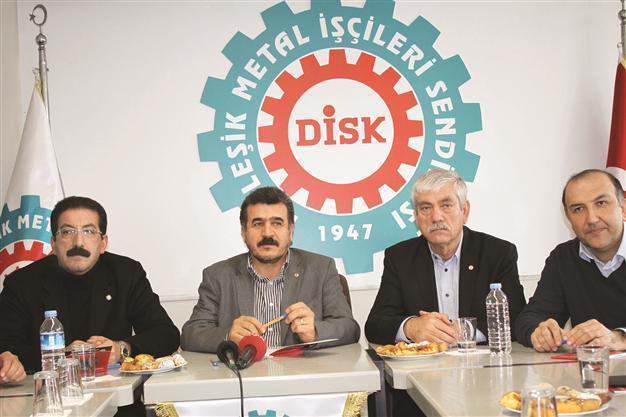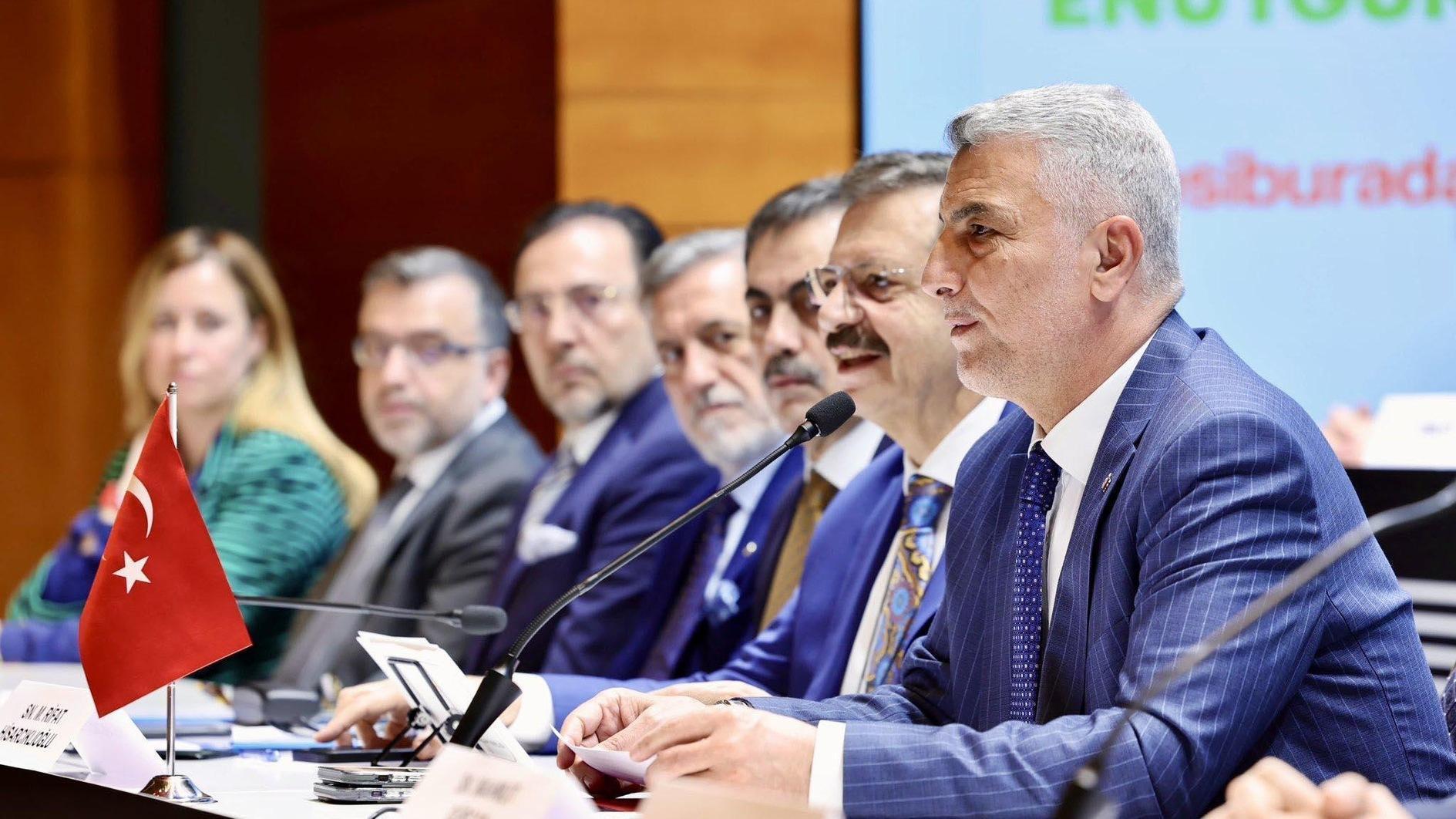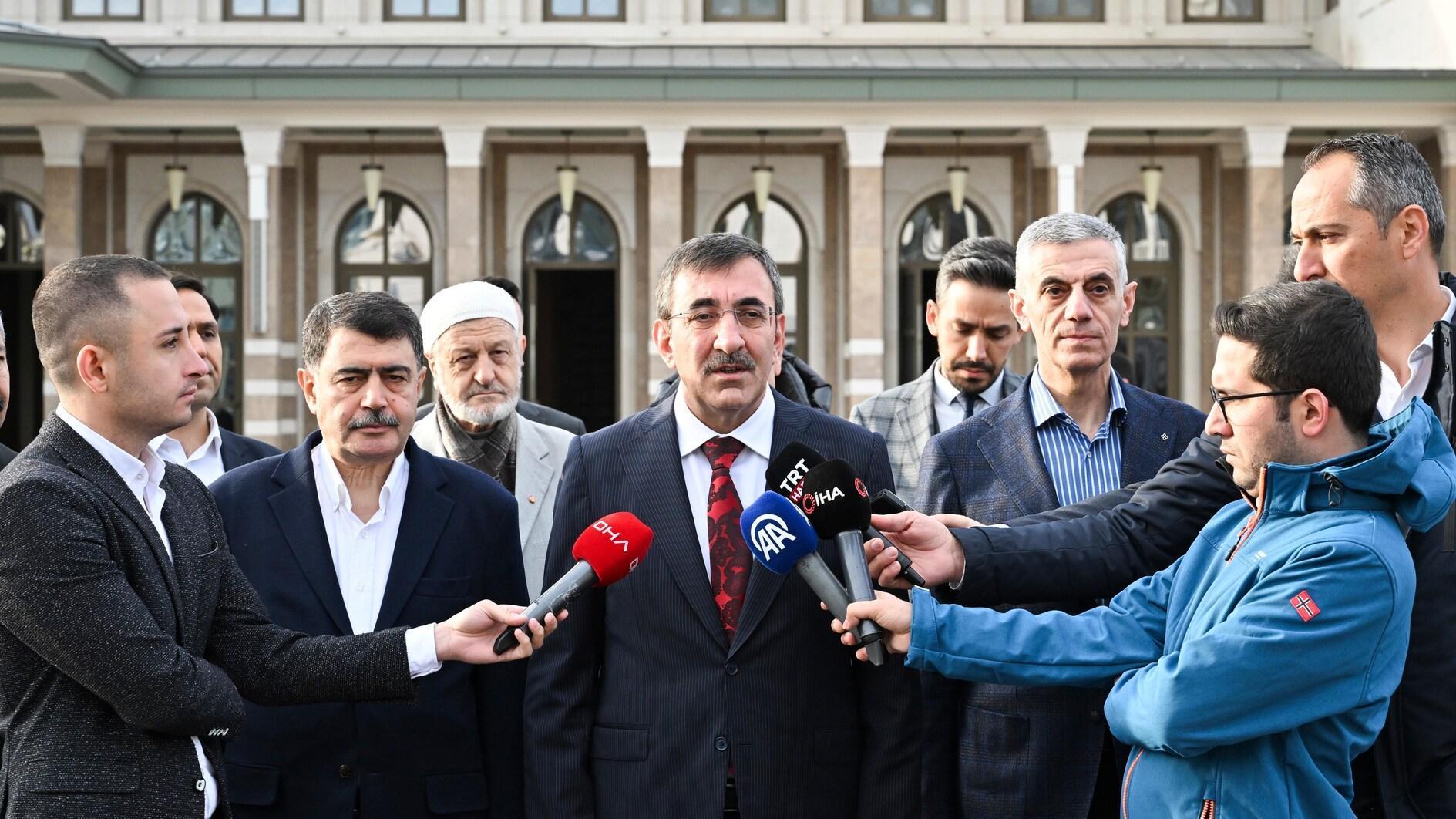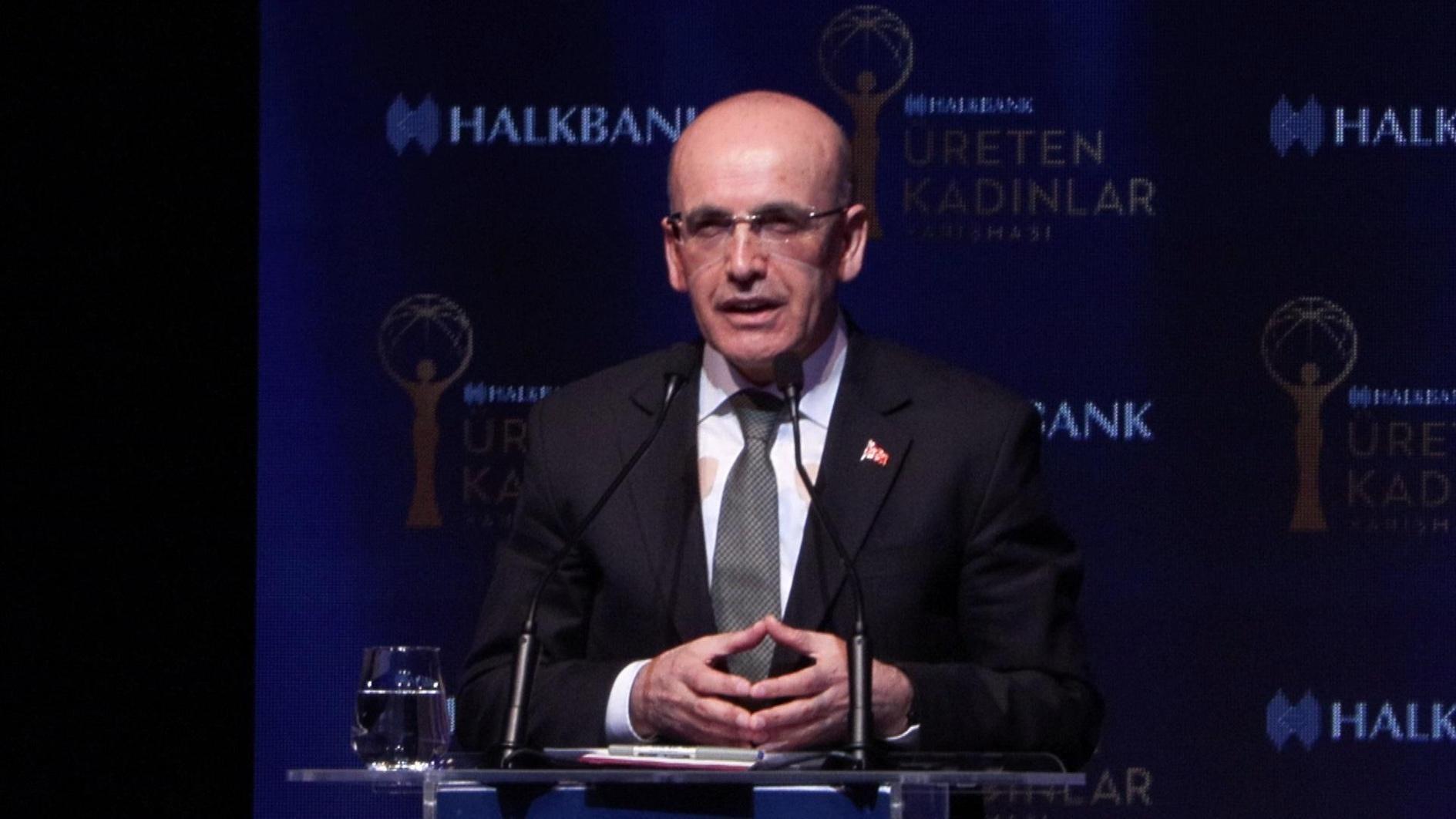15,000 Turkish metal workers strike for better wages
ISTANBUL / KOCAELİ

The Confederation of Progressive Trade Unions (DİSK) held a press conference on the strike decision by the Birleşik Metal-İş Union.
Up to 15,000 metal workers are expected to go on strike today around Turkey to protest poor wages in the sector and demand a better collective bargaining agreement with employers in the industry.Workers in the metal sector are not being paid what they deserve based on their workenvironment and performance, said Birleşik Metal-İş Union head Adnan Serdaroğlu. “In Turkey, the metal sector is receiving a below-average share,” Serdaroğlu said.
Workers at 22 factories in 10 cities around the country are set to walk off the job at 9 a.m. today after Birleşik Metal-İş, which is part of the Confederation of Progressive Trade Unions (DİSK), failed to reach an agreement with the Metal Industrialists’ Union (MESS) on wage increases and the length of collective bargaining periods.
The union has accused MESS of consolidating a system of cheap labor through its policies of providing smaller wage increases to low-paid workers, who form close to 70 percent of the total number of workers in the sector, and higher raises to better-paid workers. At the same time, Metal-İş said MESS’s desire to sign a collective bargaining deal of three years instead of two would also make cheap labor more permanent.
“The sector is one with a high class consciousness, but it’s also one where employers and yellow unions are very strong. As such, the struggle in this union is set to transform from a struggle for rights into a class struggle,” Serdaroğlu said.
Confederation of Public Sector Trade Unions (KESK) Chair Lami Özgen also lent support to Metal-İş’s call for a strike.
“The policies of driving down wages for workers in the public and private sector, as well as that of sentencing people to wages that are below the poverty line, have long been the common policies of the government and employers in this country,” Özgen said.
Employers demand government action
The Kocaeli Chamber of Commerce (KSO), meanwhile, has written to Deputy Prime Minister Ali Babacan in an effort to convince the government to take action to prevent the strike, web portal sendika.org has reported, citing local news sources in Kocaeli, which is home to many metal factories.
“[The strike] will probably bring the industry to a standstill,” the KSO said, adding that the government would have a big role to play in forcing a postponement of the strike.
The request angered workers in Kocaeli, who protested outside the KSO’s office.
“Postponing the strike by metal workers would mean nothing apart from benefiting capital’s system of oppression,” Birleşik Metal-İş Kocaeli Branch Secretary Telat Çelik said in a statement, noting that there was no legal ground to postpone the action.
“In our country, there have been cases in which strikes at glass factories have been deemed to threaten national security and postponed. The strike by metal workers does not threaten public health or national security,” he said.
















